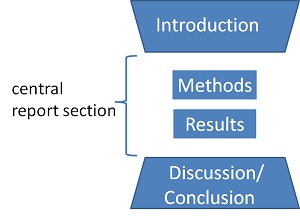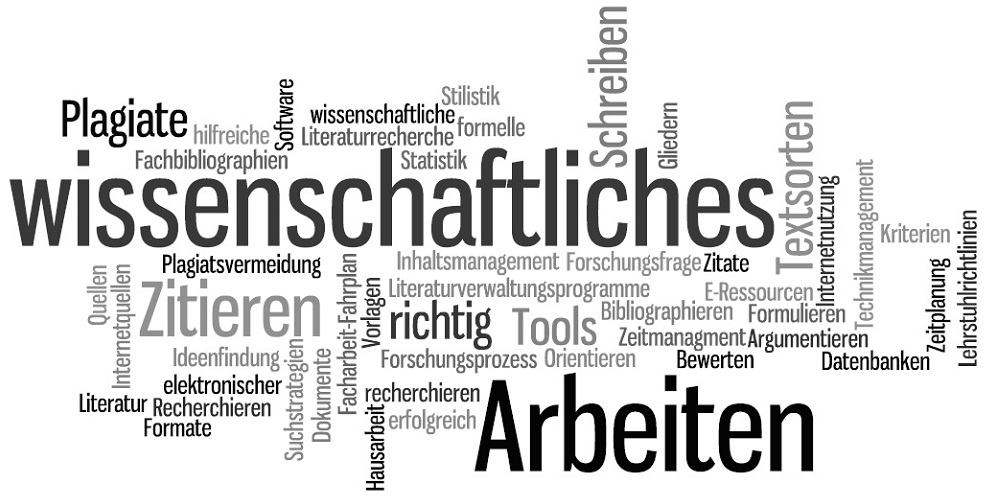In the 19th century, natural sciences as well as large parts of humanities made use of three languages: French, English, and German. In each of these languages a complete scientific vocabulary was formed alongside. Later the Russian language joined, but only until the fast and exclusionary movement in which all competitors of the English language disappeared. Articles in natural sciences today are almost exclusively published in English.
The underlying economic, military and political hegemony, wherever it gets, detects a mere version of itself. As a consequence, English language centered scientific standards, which are perceived as neutral by native speakers, come along with certain ideologies (Cf. Michael D. Gordin: “Scientific Babel”).
 Never did a language rule science as much as the English language today. Lawrence Summers, then president of Harvard University, claimed in 2012, that changes in technology “make it less clear that the substantial investment necessary to speak a foreign tongue is universally worthwhile”. That is, learning a foreign language up to any substantial level is no longer necessary.
Never did a language rule science as much as the English language today. Lawrence Summers, then president of Harvard University, claimed in 2012, that changes in technology “make it less clear that the substantial investment necessary to speak a foreign tongue is universally worthwhile”. That is, learning a foreign language up to any substantial level is no longer necessary.
Well, actually I translated this with Google translate 🙂
A perfect example for this is the standardization of the scientific article according to the method of “introduction, methods, results, discussion” (IMRAD), which is perceived as universally valid by native speakers. However, this American method of presentation, which historically originated within the experimental natural sciences, quickly reaches its limits even in basic research and remains rather helpless when it comes to deductive reasoning.
The linguistic consequences of this standardization: short, simple sentences, which need to bear enormous constructions of light verbs and nominal chains (words formed from multiple nouns). This form of representation presupposes the equation of “information” and “knowledge” from the start.
And for original derivations and deductive reasoning, you simply don’t want to use the above standard.
For us native German speakers who believe they are able to speak the English language properly there are various related topics. First of all, scientific working methods might be different. But even the simple use of words is full of snares. Take the German “weil”, which is often translated as “because”. Germans who publish in English tend to hold both these conjunctions to be synonymous. But they are not, as “because” is often understood as an invitation to dispute, whereas the German “weil” elaborates the term or concept. Like this the differences continue until the German, who believes to have proficient command of the English language, is no longer understood.
In any case: the standards of other countries are by no means inferior to the IMRAD. Actually I am asking myself, “Why would I downgrade?” To be honest, by using IMRAD in my Karate 1.0, I would have gotten nowhere. And towards this, I prefer to no longer be understood.
Or as we say: „Ich pfeif drauf.“

© 2015, Andreas Quast. All rights reserved.
